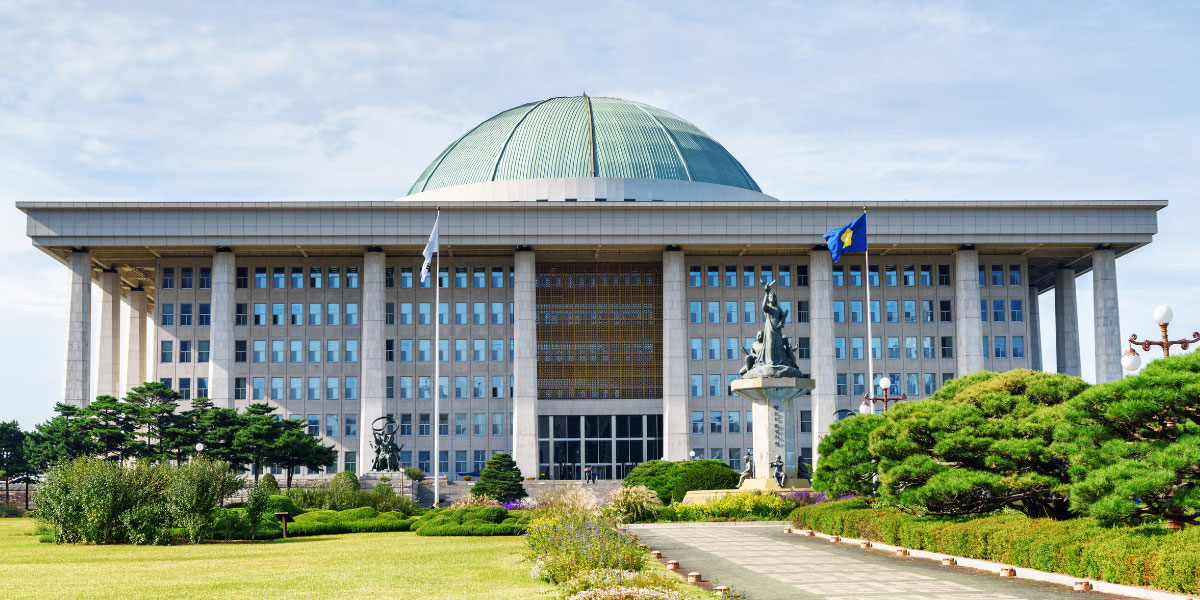On 22 July 2020, South Korea’s Ministry of Economy and Finance (MOEF) has issued an overview of the proposed Tax Revision Bill 2020 to overcome the economic crisis and enhancing economic vitality due to COVID-19 pandemic. The three main focuses of the 2020 tax revision bill are:
- Help rise from the COVID-19 crisis and promote the economy;
- Pursue inclusiveness and fairness; and
- Combat tax evasion and protect taxpayers’ rights.
This Bill contains the contents of strengthening the tax burden for multi-homed persons, such as comprehensive real estate tax, transfer tax, corporate tax and inheritance, and gift tax law, for both individuals and corporations. The Tax Revision Bill 2020 includes the following main proposals:
- R&D ratio of 2% or more to sales in the previous year, new growth R&D ratio of R&D expenses in the previous year 10%Elimination of deduction requirements, such as maintaining the number of full-time workers;
- Extending the carry-forward deduction period for all tax credits under the Special Act from 5-10 years (current) to 10 years (revised), extends carrying forward period for net operating losses from 10 years (current) to 15 years (revised), and extends the foreign tax credit carry-forward deduction period from 5 years (current) to 10 years (revised);
- Introduce a new income tax rate of 45% on the income exceeding the amount over 1 billion for individuals;
- Impose a capital gains tax on virtual assets from 1 January 2021: 20% separate taxation for residents and withholding tax of 10% of sale value or 20% of capital gains, whichever is smaller, for foreigners;
- Capital gains tax will be calculated: For one year, the sales price (transfer price) is taxed after subtracting the purchase price (acquisition price) and incidental expenses (transaction fees, tax expenses, etc.), excluding KRW 2.5 million. If the income earned in one year is 4 million won, 20% is taxed on 1.5 million won. If you add 2% of local tax, it is 22%;
- Impose dividend income tax on gains not distributed to shareholders and left in corporate accounts for the purpose of tax evasion: Largest shareholders of the corporations where more than 80% of shares are held by one shareholder or his related parties can be subject to the tax;
- Proposes to increase maximum rollback period for Advance Pricing Agreements (APAs) from 3 years to 5 years for unilateral APAs and from 5 years to 7 years for bilateral APAs for applications filed on or after 1 January 2021;
- According to the amendment, the simplified tax base amount, excluding the real estate rental business and the taxable entertainment business, was significantly increased from 48 million won in annual sales to 80 million won, resulting in an increase of 230,000 people and a reduction of the tax burden by 280 billion won. Among the simple taxpayers, the standard for exemption from VAT is also raised from 30 million won in annual sales to 48 million won, resulting in an increase of 340,000 people annually.
The tax revision requires changes in 16 Acts and will have been submitted to the National Assembly by 3 September 2020.














